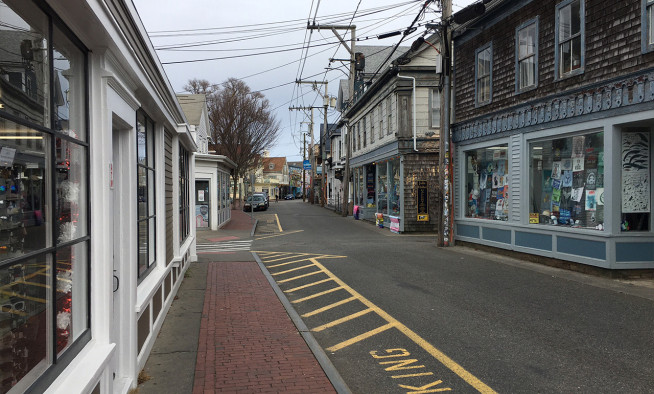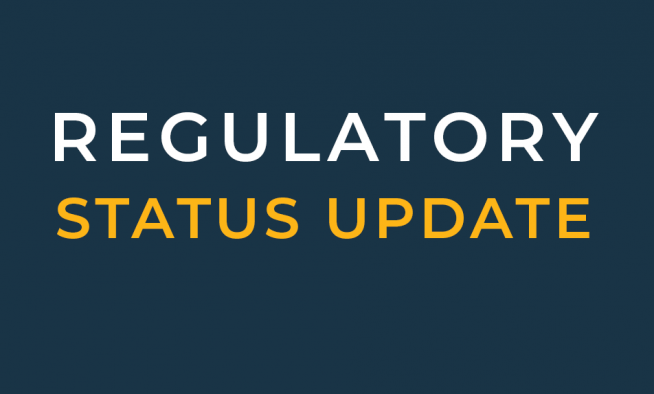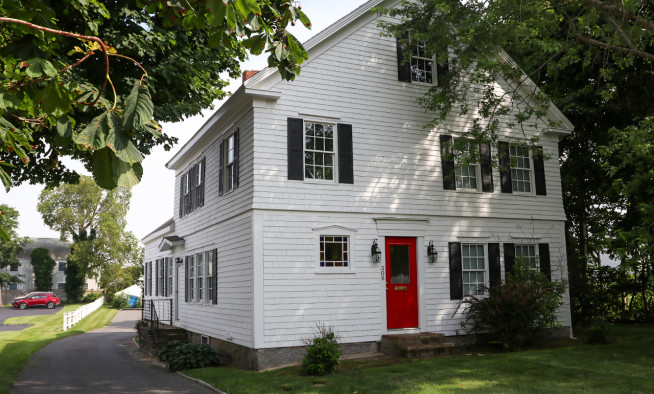Advancing economic resilience on Cape Cod
Comprehensive Economic Development Strategy annual report outlines successes and looks toward the future
As part of the Cape Cod Commission’s economic development efforts, the agency supports the development and implementation of the Cape Cod Comprehensive Economic Development Strategy (CEDS), a strategy approved by the United States Economic Development Administration that outlines a five-year action plan that aligns with regional priorities.
In the 2019 CEDS, the region committed to advancing economic resilience and building capacity to withstand shocks and disruptions. The challenges to Cape Cod’s sustainability and resiliency are related to its geographic location, development patterns, and demographic profile, including climate change, impacts to water quality, employment seasonality, and availability of affordable housing options.
Year Two of the current CEDS is now complete, and an annual report outlining successes, challenges, and next steps was presented to and approved by the Barnstable County Economic Development Commission and the Cape Cod Commission.
Commission staff tracked regional economic progress through three overarching categories: people, economy, and place. The report compares data points in these categories over time and to the state and country to help evaluate how Cape Cod is increasing its resiliency, adaptability, economic balance, and regional wealth. The report also includes a robust summary of accomplishments, covering the Commission’s efforts in supporting CEDS planning, outreach and information sharing (such as developing DataCapeCod.com), targeted local technical assistance, and implementing the projects and initiatives in the CEDS Action Plan.
The proposed Year 3 Implementation plan includes the following initiatives:
Last-Mile Broadband Deployment Strategy and Buildout Fund
The COVID-19 pandemic highlighted the need for expanded broadband availability across Cape Cod. Research and education on broadband needs, coordination on policies that facilitate regional broadband implementation, and identification and pursuit of potential funding sources will be supported.
Regional Housing Plan
Building off the Year 2 data collection efforts, a regional housing plan will be developed that increases access to affordable and diverse housing, addressing Cape Cod’s lack of diversity and affordability issues in the region, which the pandemic has significantly exacerbated in the past year.
Workforce and Business Retention Program
Ongoing economic recovery efforts to address the workforce and business retention issues in the region will be expanded. Many of these issues contributed to the severity of the economic impacts of the pandemic on Cape Cod (such as childcare, housing, and healthcare), development of a framework that outlines potential strategies for retention will be supported.
Regional Capital Plan
Framework for a regional capital plan will be developed that identifies the key needs, priorities, and funding options for capital infrastructure across Cape Cod, seeking efficiencies, economies of scale, and improved coordination to address key structural challenges in the region.
Model Bylaws for Zoning/Design
Building on Year 1 and 2, efforts will continue to support the adoption of form-based code, hybrid zoning, and/or design guidelines that address individual towns’ land-use planning needs. Model bylaws intended to reduce the impacts of climate change will be a focus, including reducing impacts to development in the floodplain (such as land subject to coastal storm flowage) and reducing barriers to implementation of renewable (solar) energy.
Water Quality Planning
Support of towns’ implementation of and pursuit of funding for local water quality plans will continue. In Year 3, we will work with regional partners on a Freshwater Initiative that will support the preservation and protection of freshwater resources on Cape Cod.
COVID-19 Response
Two additional projects have been proposed in response to the COVID-19 pandemic. A series of surveys of new and second homeowners will examine how the pandemic influenced home buying on Cape Cod and the long-term economic and demographic impacts of the region’s unprecedented real estate market. Funding will also be pursued to conduct a study on land use planning for economic resiliency, in order to develop best practices for fostering successful mixed-use and commercial spaces.




